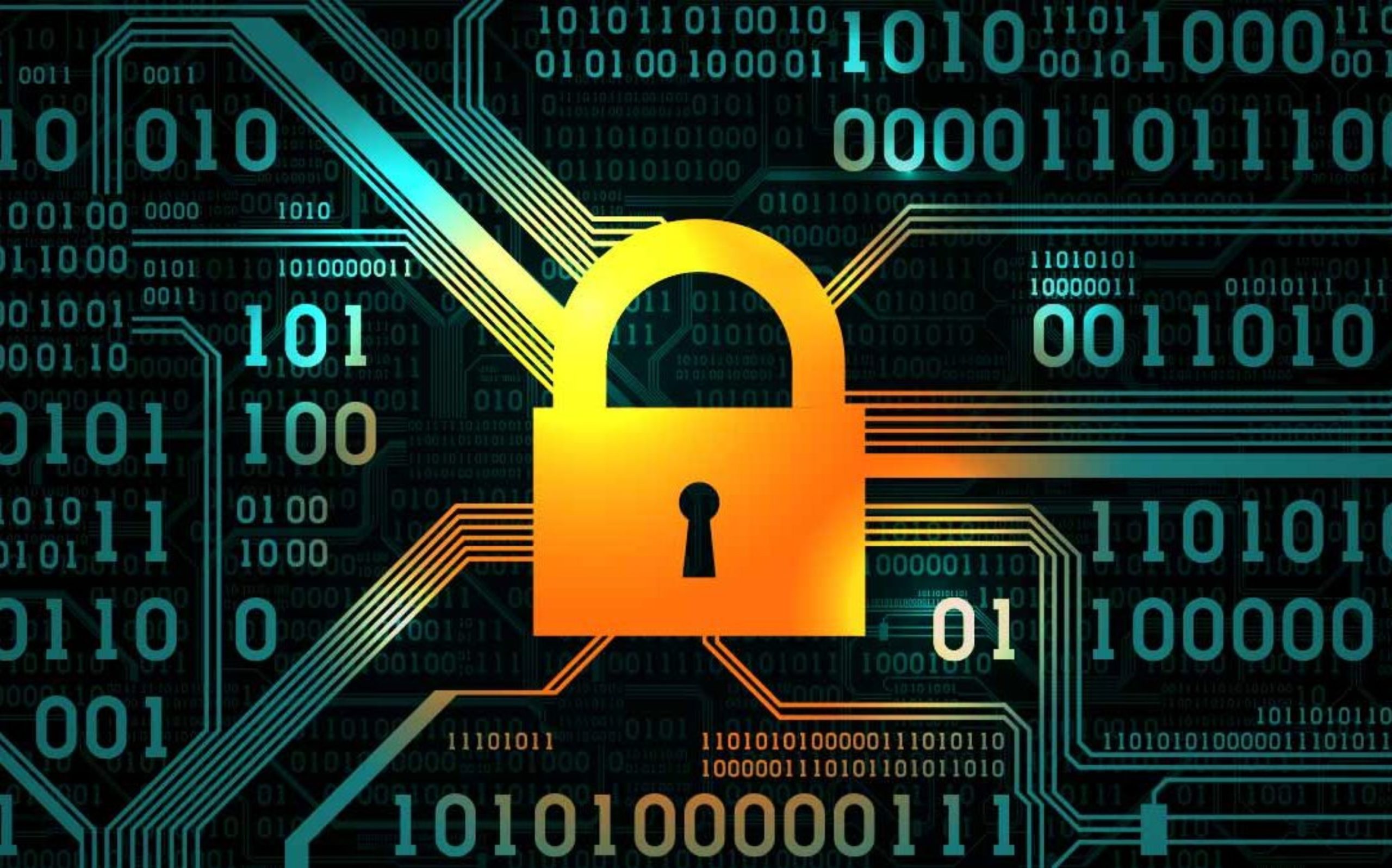In June 2020 Wirecard, one of the biggest financial services companies on the planet sent shockwaves around the business world when they announced that they couldn’t account for more than $2 billion in assets.
In short, the German company had fallen foul of fraud to the extent that it actually went into insolvency. If a global behemoth of a company like Wirecard can be undone by fraud, so can your small business.
Fortunately though, improving the security of your small business and safeguarding against fraud is a somewhat easier task than fraud-proofing a multi-billion-dollar company.
Read on to find out the five steps you can take today to protect your small business from fraud.
Invest in Fraud Prevention Software
One of the most common frauds in the USA is payment fraud. This most commonly occurs when clients attempt to pay for goods or services with counterfeit checks or bills.
Fortunately QuickBooks have a number of tools that you can utilise to ensure that all checks you receive as a business are secure and safe.
Complete Regular Audits
A chain is only as strong as its weakest link. You could have the best security software on the planet and still fall victim to fraud if your entire business output isn’t ship shape and shiny.
To improve the strength of your weakest link conduct regular audits into all of your financial processes. Look for areas in which things could be streamlined or made more secure. Read up on the latest scams and frauds on government websites and ensure your business is not susceptible to fraudsters.
Use Passwords
It is frightening how many people use devices that aren’t password protected. Your mobile device, your tablet and your computer all contain private, sensitive data that hackers and fraudsters could use to con you out of money.
If you don’t have a password on them or if you’re using a weak password like your cat’s name or your favourite sports team then you’re effectively leaving the front door wide open to cyber criminals.
Enforce a password policy on every device in your small business and make sure that they are updated at regular intervals.
Outsource
Unless your small business is based in the world of cybersecurity then you’re likely not going to be an expert on the world of online fraud and security. That’s ok. What’s not ok though is thinking that you can wing it when it comes to cybersecurity.
If you have a website and that website is used for transactions or simply just as a place where customers can share information with you, you need to be prioritising cybersecurity. You can’t do that by watching a couple of YouTube videos and opening an account with Square Space.
You’ll save money in the long run by paying an expert company to look after your website and online security.
Two-Factor Authentication
We’re not talking about those annoying websites that text a code to your phone every time you try to log-in, rather, we’re talking about good old fashioned two-factor authentication.
Get at least two staff members to sign off on every financial transaction, outgoing or incoming, to minimise the chances of one person falling foul to a fraudster. When a client pays with large cash denominations check the bills yourself and ask a colleague to double check them.
When a supplier needs paying, ask your staff to come to you for sign-off before the money can be transferred. It might sound like an extra layer of bureaucracy but it’s in fact an extra layer of security.
This is a Contributor Post. Opinions expressed here are opinions of the Contributor. Influencive does not endorse or review brands mentioned; does not and cannot investigate relationships with brands, products, and people mentioned and is up to the Contributor to disclose. Contributors, amongst other accounts and articles may be professional fee-based.

